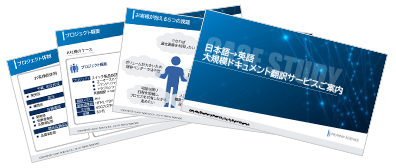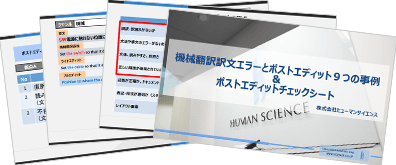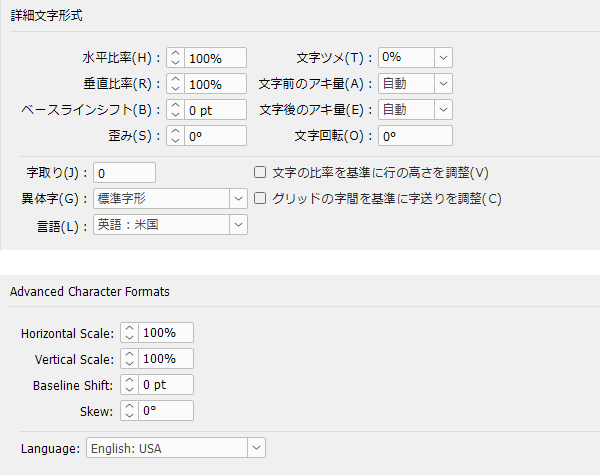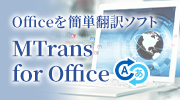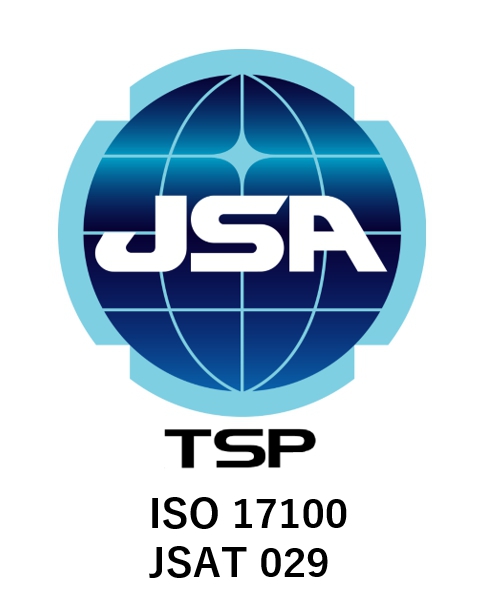Recently, at the open seminar held by our company, individual translators also participated.
In translation-related publications, there has been an increasing focus on machine translation and the process of correcting it, known as "post-editing".
Indeed, it seems that individual translators are also concerned about how to face machine translation moving forward.
So, what are the differences between a "translator" and a "post-editor"?
This time, I would like to touch on that point just a little.
●The fundamental "power of translation" is basically the same
"Isn't post-editing something that students who are not yet translators do?"
While we do hear such voices, from a human science perspective,
we believe that post-editing should indeed be performed by professionals.
Post-editing of machine translation is often perceived as simply "having a base translation and just correcting it"
which leads to the idea that even students can do it.
However, in reality, machine translation engines can produce unexpected mistranslations,
and may not use appropriate technical terminology.
Also, when there are similar terms, using the appropriate translation depending on the context is not something I am very good at.
The ability to notice such translation mistakes is,
after all, based on the "power of translation" cultivated through many years of translation experience.
●Keen Eye for Small Mistakes
In addition to the power of the base translation, what is particularly important is what can be called "keen observation."
A common issue with machine translation is that "at first glance, it seems to be translated correctly, but upon closer reading, the meaning is not accurately reflected."
For example, the third person singular 's' is missing, the tense is incorrect, etc.
Sometimes, even though the original text is a negative sentence, the translation may omit 'not',
resulting in a completely opposite meaning.
Such translations may seem to read smoothly at first glance, and
they hold meaning (even if it is the opposite meaning),
so if you don't examine them carefully, you might easily overlook them.
In post-editing, the ability to notice such mistakes is likely to be more necessary than in translation, where one creates the translated text from scratch.
●Summary
In addition to this, there are several differences in the skills required of a "post-editor" compared to a "translator."
If you are interested, please feel free to contact us.
I believe that translators will increasingly receive requests for post-editing in the future.
Instead of viewing machine translation solely as a threat that takes away our jobs,
we should consider it as one of the important tools that will support the coming era,
and by actively engaging in tasks such as post-editing,
it may become a means to broaden the scope of our work.
At Human Science, we can request translation and post-editing work
We are continuously recruiting freelance translators.
Please feel free to apply.
We also welcome inquiries from client companies who are unsure how to train in-house translators and post-editors,
and we also conduct on-site seminars, so please feel free to reach out to us.
Related Services
Post-Editing Support Tool MTrans Post-Edit Booster
Automatically corrects machine translation-specific errors to streamline post-editing tasks!
Scheduled Machine Translation Seminar
We hold machine translation seminars every month.
Related Articles
[Know-How] Quality, How Much Do You Demand? Design Standards for Post-Editing
[Know-How] International Standards for Post-Editing (ISO 18587)
[Know-How] What Are the Correction Points in Post-Editing?



